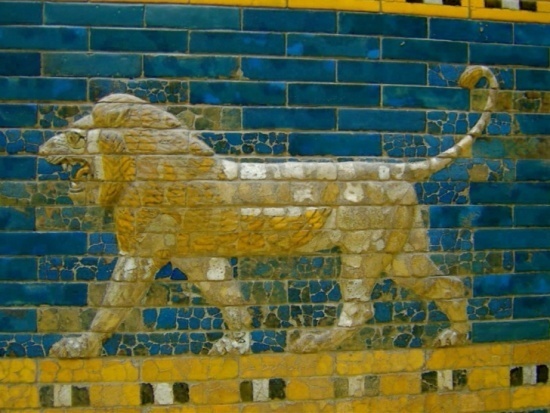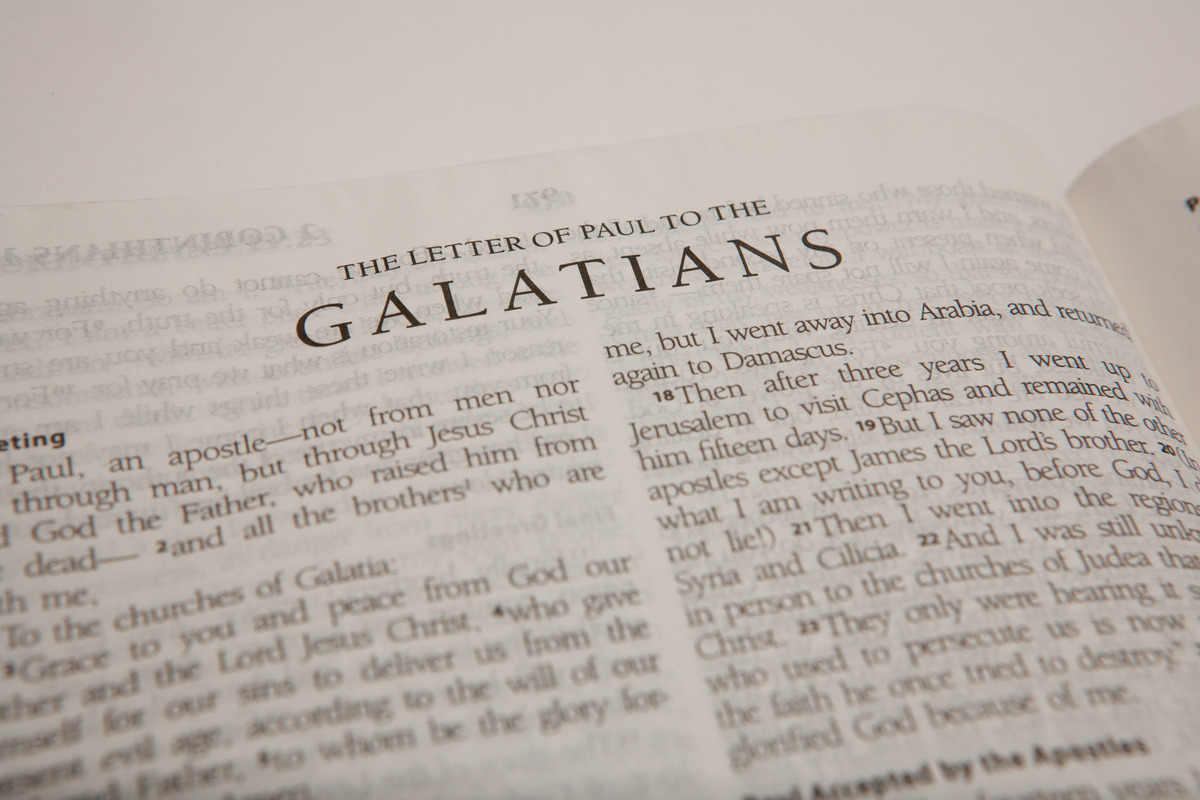
An Introduction to the Book of Daniel (Part Two)
Before we begin our series on the Book of Daniel, we are spending several weeks looking at Jesus’ use of Daniel’s prophecy as recounted in the Olivet Discourse in Matthew 24. Jesus sees the fulfillment of Daniel’s prophecy as centered in his own messianic mission. Jesus even declares himself to be Daniel’s mysterious “Son of Man,” making a connection to the remarkable vision found in Daniel 7. At the end of Matthew 23, Jesus pronounces seven words of woe (covenant curses) upon Israel, the Pharisees, and teachers of the law. Jesus also announced that Israel will be left desolate–its people scattered among the nations. And then shortly after as he was walking in the temple area with his disciples, Jesus points to the temple’s great stones and tells them “you see all these, do you not? Truly, I say to you, there will not be left here one stone upon another that will not be thrown down.” If the magnificent temple of Herod will be destroyed, the disciples quite naturally thought the end of the age must be at hand–they are mistaken. It is in the context of dispensing covenant blessings and curses upon Israel that Jesus appeals to Daniel’s prophecy.
With this prophetic warning ringing in their ears, at the very first moment the disciples are alone with Jesus they ask him three questions, prompted by all of the things that Jesus has just told them. In the opening verses of Matthew 24–the account of Jesus’ speaking about the course of future events known as the Olivet Discourse–the disciples ask Jesus “`tell us, when will these things be, and what will be the sign of your coming and of the end of the age?” In the Olivet Discourse, Jesus answers these three questions, and in doing so speaks authoritatively about the future desolation of Israel as well as his own coming in judgment at the end of the age. Throughout the discourse, Jesus appeals to the prophecy of Daniel, and as we will see, Jesus even speaks of himself as the “Son of Man”–one of the key figures from the remarkable vision in the seventh chapter of Daniel’s prophecy.
The key to interpreting the Olivet Discourse correctly–given what Jesus has foretold about the immediate future of Israel–is that the disciples incorrectly assume that an event so disastrous to Israel such as the destruction of the temple, must mean that when the temple is destroyed the end of the age must therefore be at hand. But this is not correct, and as we have seen, as Jesus answers their questions, he corrects this faulty assumption. The destruction of the temple and the city of Jerusalem will come to pass within a generation–AD 70, but the end of the age, and the Parousia (or coming of the Son of Man) will come much later, only after an indeterminate period of time, when the sign of the Son of Man appears in the sky and all of the nations mourn as the day of the Lord and final judgment has come.
In verses 4-14, Jesus answers the disciples’ last question put to him first–“what are the signs of the end of the age?” In answering their question, Jesus speaks of various signs of the end of the age, including wars and rumors of wars, earthquakes and famine, the coming of messianic pretenders, the coming persecution of God’s people, as well as the preaching of the gospel to the ends of the earth. While all of these things will be experienced by Jesus’ disciples between the time of his soon to come death and resurrection, and the destruction of the temple in A.D. 70, these signs also extend into the present age as guarantees of our Lord’s second advent at the end of the age. Because Jesus speaks of the preaching of the gospel to all nations as a sign of the end, the things of which Jesus has just spoken will indeed continue on into the present age after the destruction of Jerusalem, in A.D. 70.
To read the rest of this sermon, Click Here
 Monday, March 27, 2017 at 10:41AM
Monday, March 27, 2017 at 10:41AM  Sunday Morning, April 2: We are continuing our series on Paul's letter to the Galatians. We are addressing Paul's statement that we are not justified by works of law, but by faith in Christ (Galatians 2:15-21). Our worship service begins at 10:30 a.m.
Sunday Morning, April 2: We are continuing our series on Paul's letter to the Galatians. We are addressing Paul's statement that we are not justified by works of law, but by faith in Christ (Galatians 2:15-21). Our worship service begins at 10:30 a.m.







